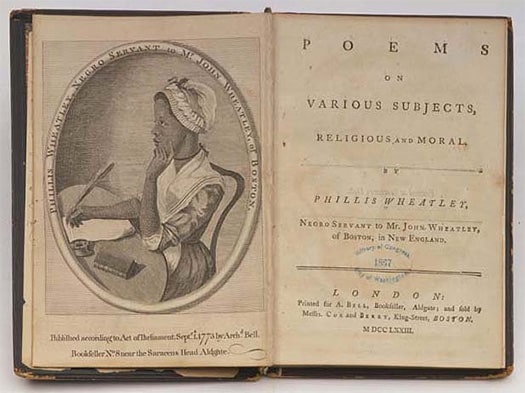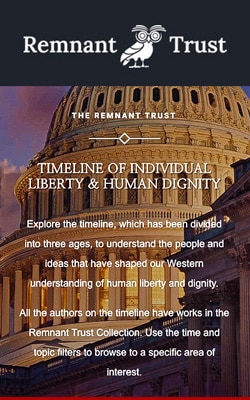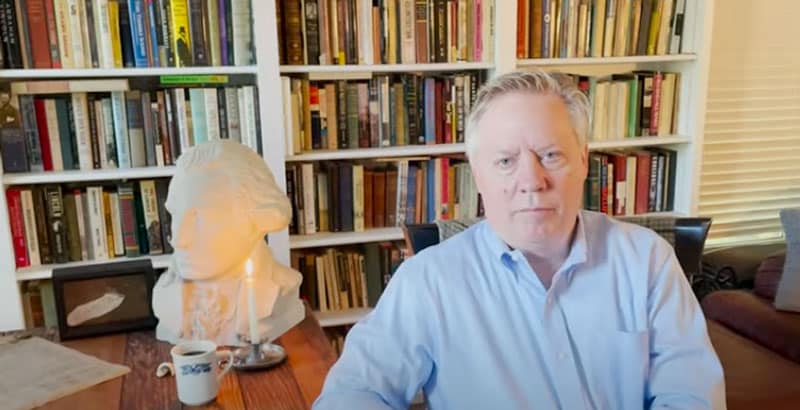The Commonplace Book by Dr. Dan Miller
Leadership, Tea and 1773
A swath of my Journey to the American Founding, Redux entries for 2023 have, one way or another, featured the oncoming story of the Boston Tea Party of December 16, 1773. I write my Redux from the perspective of people—famous and not-so-famous alike—who have no idea what’s coming the day after tomorrow. For them, as for you and me, the future is unknown. In that spirit I think you and I can gain value in finding timely leadership insights from the tea-related stories.


POEMS ON VARIOUS SUBJECTS, RELIGIOUS AND MORAL, by Phillis Wheatley, 1773, Engraving attributed to Scipio Moorhead, 1773. Imagination Gallery B. American Treasures of the Library of Congress. Rare Book & Special Collections Division
Excerpts from Dr. Dan Miller’s, Leadership, Tea, and 1773, The Commonplace Book
Below is my list of twelve lessons:
1. Extraordinary meaning can be found in an ordinary item.
Your leadership question: are you attuned to looking beyond the ordinary to find the extraordinary?
2. The effort to solve one problem can lead to the creation of a bigger problem.
Your leadership question: how much do you use your curiosity in anticipating an unexpected problem?
3. Don’t just communicate. Know the many ways in which communication functions.
Your leadership question: which of the three—types, settings, and nature of content—do you instinctively know you need to improve?
4. Distance separates in time and in space and in everything else.
Your leadership question: what separation do you see and experience on a regular basis?
5. Polemics are things unto themselves. Recognize when and where they belongs and when and where they don’t.
Your leadership question: are you comfortable as a participant in a polemical moment?
6. Other important issues are also happening. They can be affected, whether strengthened or weakened.Your leadership question: when that big issue strikes you and your followers, how will you know if a second issue is right beside it?
7. The more obvious a prior example seems to be, the more inevitable the tendency to revert to it as the next, new step.
Your leadership question: when do you know that a tried-and-true strategy won’t work in the same way in a future application?
8. Multiple and repeated—that’s what communication can require in the exchange between leader and follower. And embedded in this truth is the other truth—it can take time for that to happen as it needs to happen.
Your leadership question: is it my instinct and preference to want to move on to the next thing in my communication?
9. Power and influence appear in unusual places and forms.
Your leadership question: are you ready to rise to the occasion regardless of who you are?And are you ready to accept someone else doing the same?
10. Action rests on a nest, web, and cradle of ideas.
Your leadership question: can I trace a path between my beliefs and ideals to an earlier source? Am I confident that my sources have been tested?
11. First things and final outcomes are far apart.
Your leadership question: what do I fall back on when I’m faced with the long haul and the long run?
12. Clarity in the finite can obstruct vision in the infinite.
Your leadership question: does my clarity of vision reduce the range of my sight?
It may have been 250 years ago but in leadership lessons it’s about as fresh and familiar as this morning.
I’ve included my list of twelve lessons. I also provide beneath the list a brief description. If you’d like a fuller and more amplified discussion for yourself personally, please reach out to me via email dan@historicalsolutions or text 317-407-3687. We’ll arrange to talk. Thank you in advance for your time in reading and considering.
By Dr. Dan Miller
To know us better then is to know us more fully now. Welcome to Americanism Redux and my one-a-week stories of 250 years ago including The Commonplace Book. For the all the stories thus far, Visit Historical Solutions, Dr Dan Miller’s website>
Journey to the American Founding
Welcome to Americanism Redux, a series by historian author, Dr. Dan Miller. He explores what Americanism meant 250 years ago and its significance for America today.
What Can I Do?
We invite you to share our passion for Individual Liberty and Human Dignity to a new generation including educators, students, business leaders and Americans from all walks of life.




